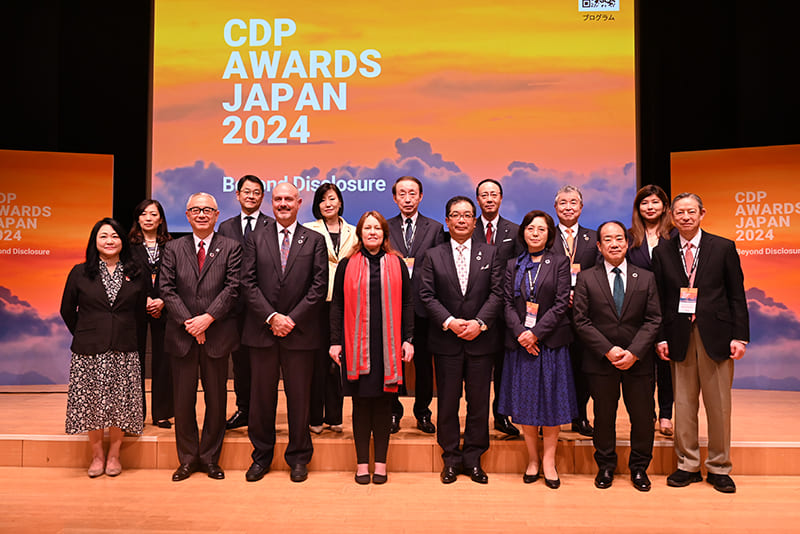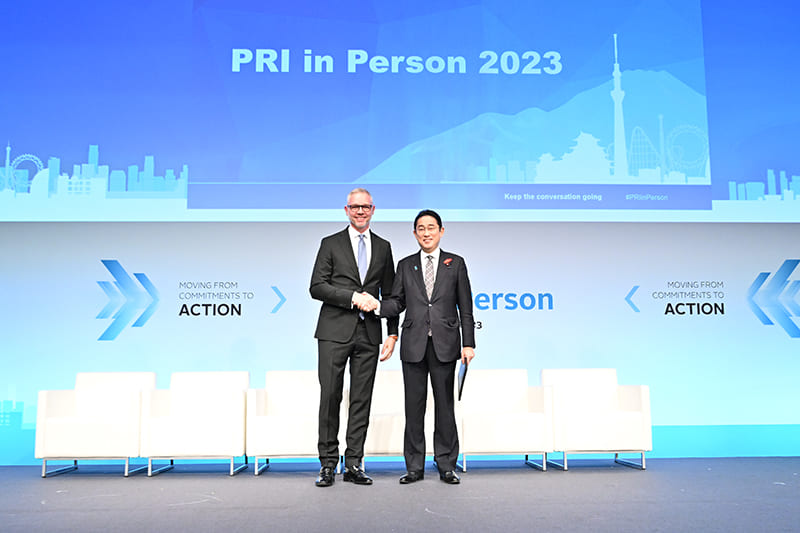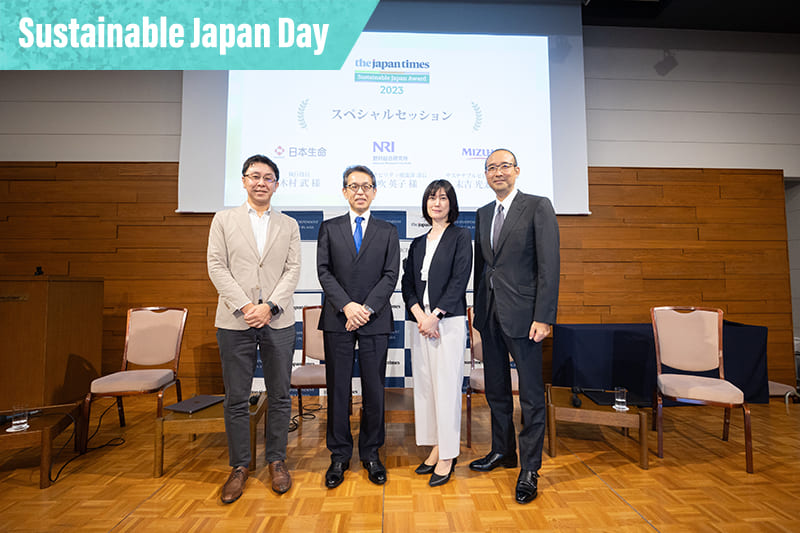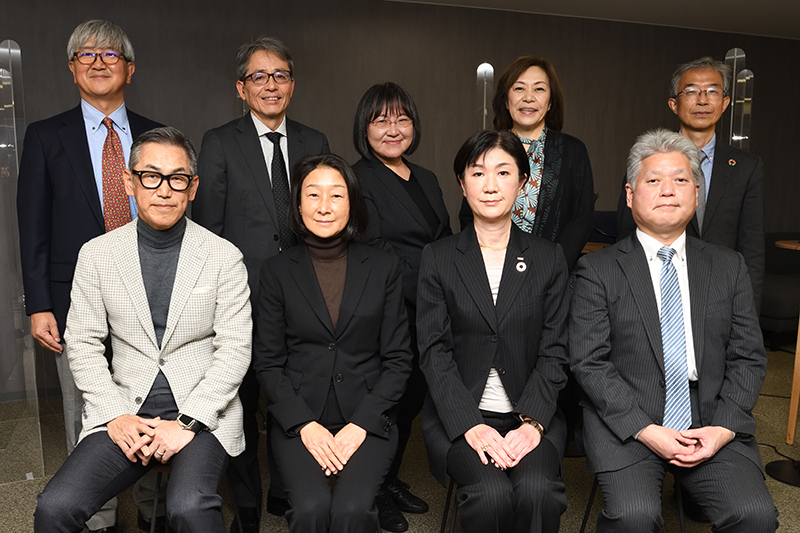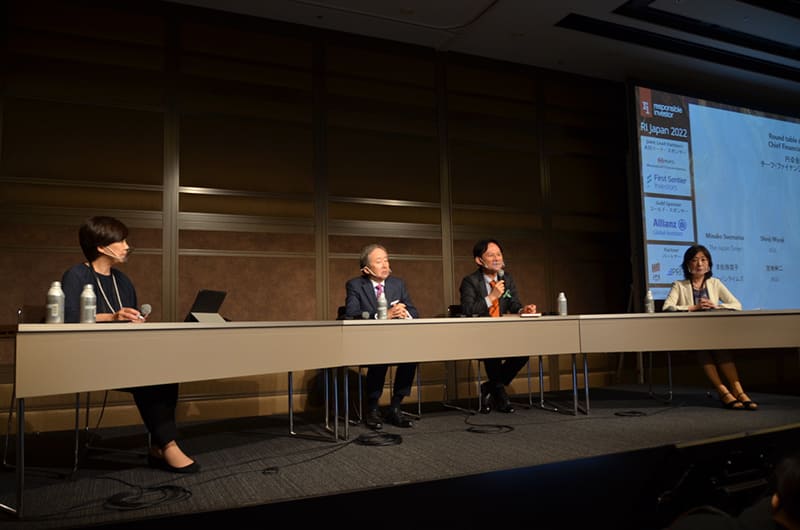August 25, 2023
PRI’s global ESG investing talks in Tokyo to tackle ‘sense of crisis’
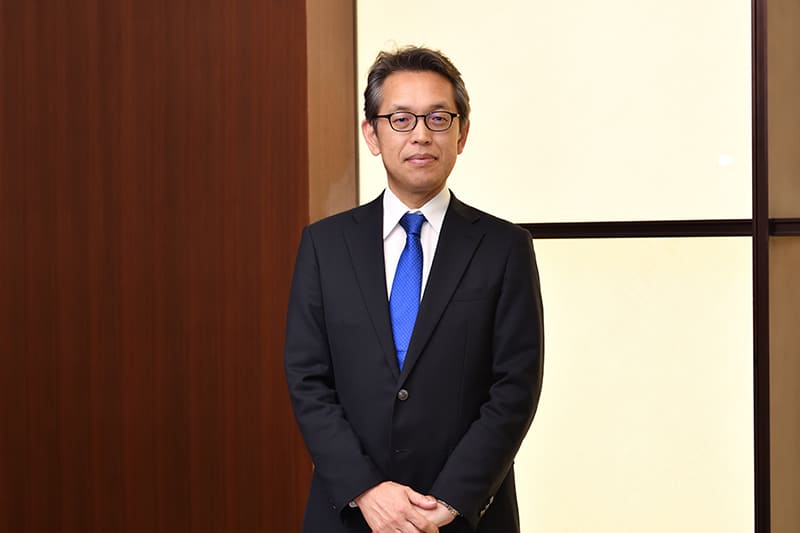
The leading global conference on responsible investment will be held in Tokyo for the first time this fall, focusing on what investors can do to make society sustainable at a time when many industries are struggling to meet their targets for combating climate change.
The event, PRI in Person, is the 15th annual conference by Principles for Responsible Investment, a U.N.-backed network of institutional investors. Responsible investment is an approach that takes environment, social and governance (ESG) factors into account. This meeting, the first in Asia in seven years, will be held from Oct. 3 to 5. Over 1,000 delegates are expected to attend, with asset owners, investment managers and policymakers discussing ESG issues and sharing the latest developments.
“We are running out of time,” said Takeshi Kimura, a special adviser to the board for Nippon Life Insurance Co., the lead sponsor for the Tokyo event. “Not only PRI but other global institutions share the same sense of crisis that the world has not at all narrowed the gap between its goals and the reality.”
Kimura said that although financial institutions and companies have made pledges to reduce emissions of greenhouse gases after a series of global goals were adopted, the progress has been far from satisfactory, and so the conference’s theme will be “Moving from commitments to action.”
In 2015, the United Nations adopted 17 sustainable development goals (SDGs) designed to end poverty and hunger and avert climate change. In the same year, the U.N.’s conference on climate change adopted the Paris Agreement, a legally binding international treaty.
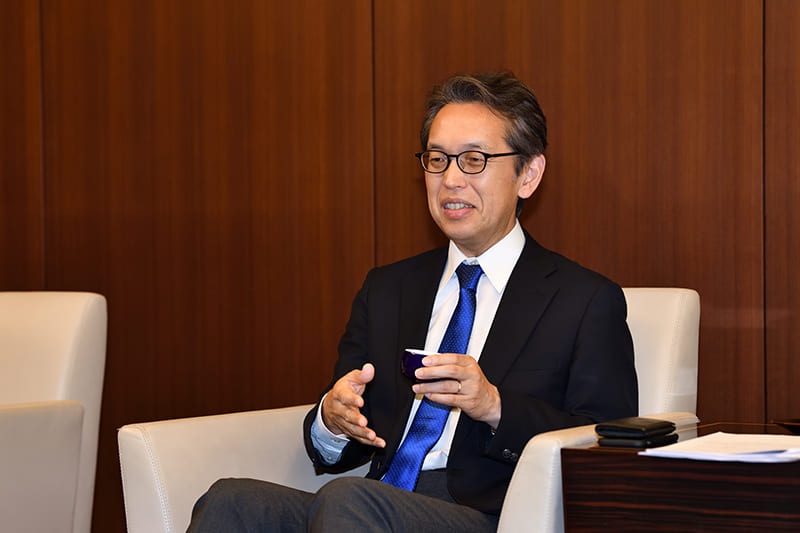
Kimura said he hopes the conference can provide participants with suggestions on how to take specific actions to reach their goals.
Many investors have strong aspirations but are not sure what to do, he said. According to a PRI Board survey of signatory organizations conducted earlier this year, 63% of the 1,487 respondents believed that for them, responsible investing will in the future involve taking action on real-world outcomes in addition to managing ESG risks, higher than the 41% who said they were doing so already.
Kimura also said the current backlash against ESG investing by some Americans is not likely to affect the overall trend: “So far, the number of U.S. institutions applying to the conference has been by far larger than those in other countries. I don’t think investors will back off or stop moving forward because of the anti-ESG movements in the U.S.”
Media reports said in June that BlackRock chief executive Larry Fink had stopped using the term “ESG,” saying it had become too politicized. Yet Fink, an active leader on adopting ESG standards, also said the world’s largest asset manager hadn’t changed its stance on ESG issues.
Another major topic that will likely be a focus of the Tokyo conference is biodiversity. Like with climate change and human rights, PRI plans to launch an initiative for preserving nature and biological diversity.
The initiative’s objective is to promote collaboration among investors so that it can contribute to the goal of halting and reversing biodiversity loss by 2030. Its initial focus will be on forest loss and land degradation, as a key driver of biodiversity loss, Kimura said.
In 2017, PRI launched an investor-led initiative called Climate Action 100+ to prompt large corporate emitters of greenhouse gases to take steps against climate change. PRI is also developing a stewardship initiative, Advance, for institutional investors to work together and take action on human rights and social issues.
Kimura said that one of the specific missions of the lead sponsor of the Tokyo conference is to help many participants understand that there is no one-size-fits-all decarbonization financing approach that can be applied across all regions. “Industry mix, energy mix and social structures differ between Asia and the West. The transition to a climate-resilient net-zero economy will require the adoption of a holistic approach appropriate to each country, taking into account the social implications on workers, communities and consumers. “In order to close the funding gap between what is needed to decarbonize Asia and what has been procured, it is essential that Western investors gain a better understanding of Asia’s regional specificities.”
Nippon Life plans to invite plenary panelists and Asian policymakers to its booth for deeper discussions. “I hope stakeholders from Asia, the U.S. and Europe can exchange their opinions to reach the global goals of net-zero emissions,” he said.
Nippon Life is a member of the Sustainable Japan Network, a group of companies that cooperate with this newspaper in spreading information about sustainability in Japan. You can also be part of the network; visit https://sustainable.japantimes.com/sjnetwork-jp for more details.


